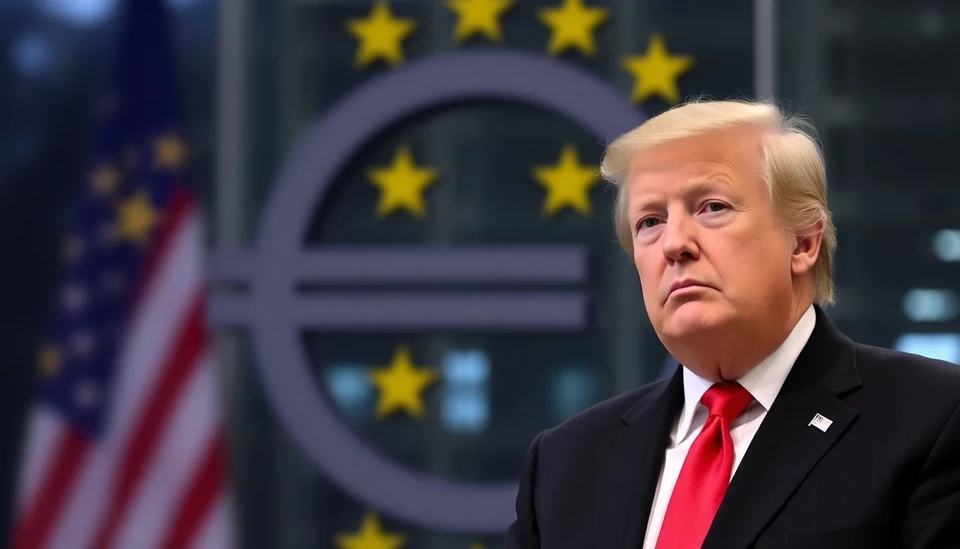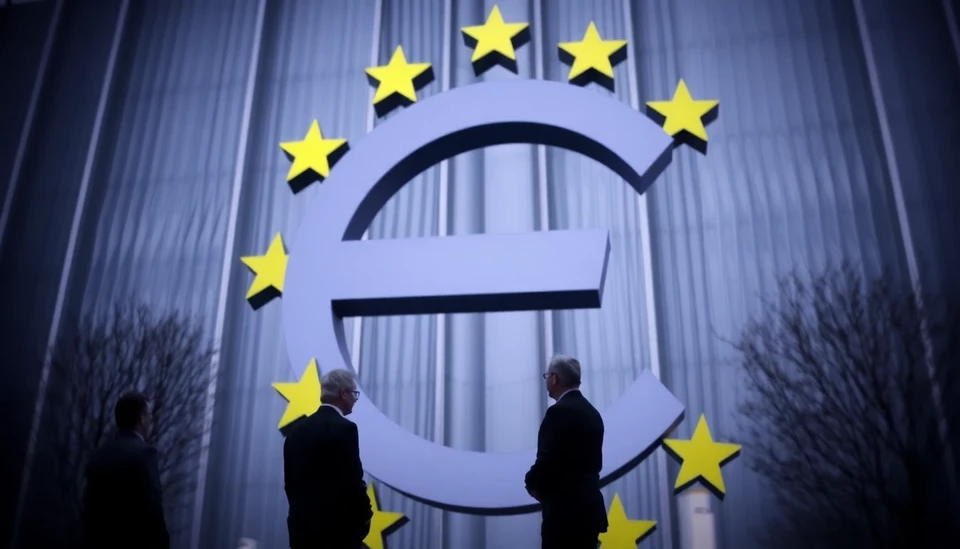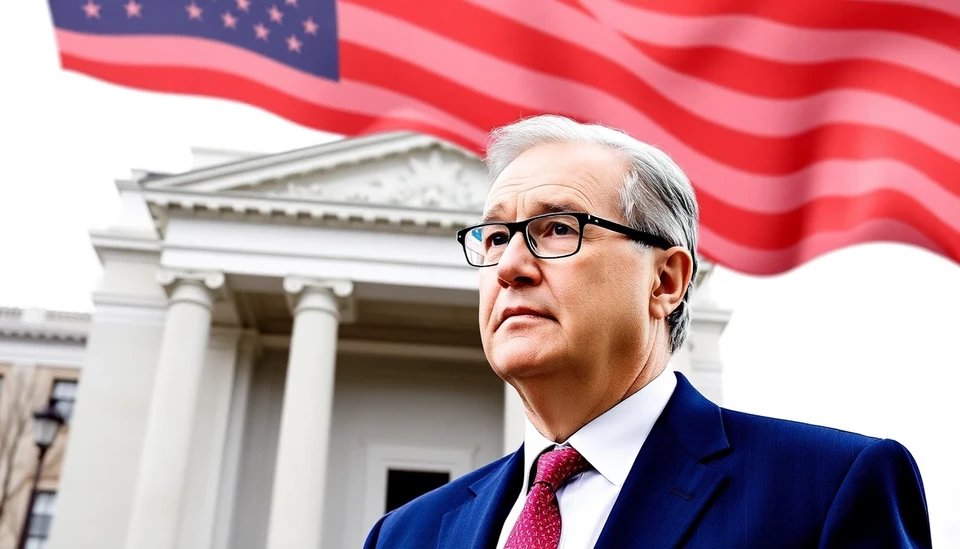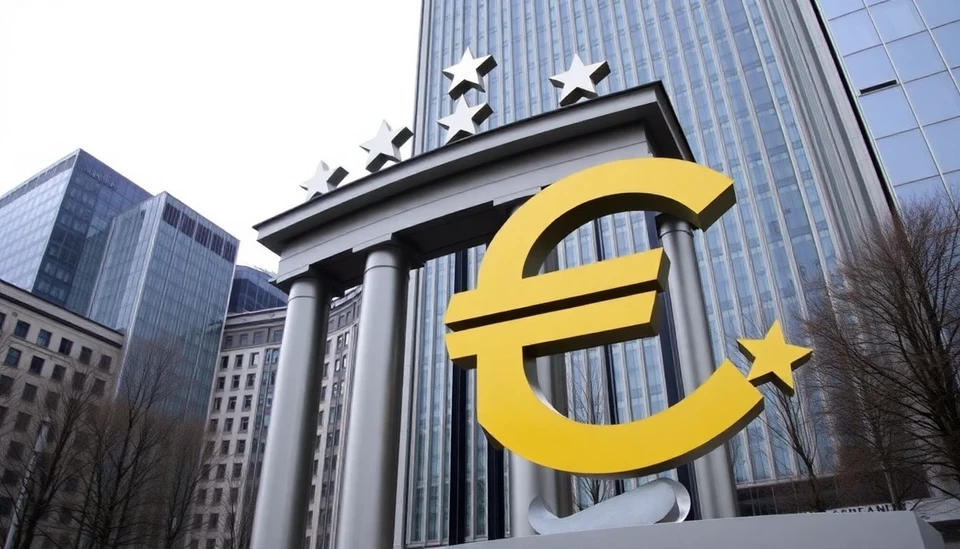
In a significant turn of events, European Central Bank (ECB) official Joachim Nagel has expressed deep concerns regarding potential economic fragmentation within the Eurozone following the recent electoral victory of Donald Trump in the United States. Nagel's warnings come at a time when Europe is navigating intricate economic challenges, exacerbated by geopolitical tensions and rising inflation rates.
Speaking at a financial conference, Nagel pointed out that Trump's return to office may lead to unpredictable shifts in American fiscal policy, potentially destabilizing global markets. This instability could exacerbate the existing inequalities among Eurozone countries, a phenomenon Nagel identified as ‘fragmentation’. He emphasized that such fragmentation could undermine the efforts of the ECB to maintain economic stability across the Eurozone.
As various nations within the Eurozone grapple with distinct economic conditions, Nagel fears that differing financial responses to external shocks could create a rift among member states. He specifically highlighted that a robust dollar and changes in U.S. trade policies could disproportionately affect countries that are heavily reliant on exports to the U.S., including Germany and France. This risk of economic divergence among member states poses significant challenges for the ECB's monetary policy, which attempts to cater to a uniformly growing European economy.
Furthermore, Nagel argued that the ECB must remain vigilant and ready to take decisive action to prevent destabilization. He suggested that the central bank may need to consider a more flexible approach in its monetary policies to address the potential impacts of rising interest rates and market volatility stemming from the U.S. political landscape.
His comments come on the heels of ongoing discussions within the ECB about the tools necessary to combat inflation while supporting economic growth in a fragmented environment. As Europe tries to emerge from the shadow of the pandemic and tackle energy crises due to geopolitical issues, the last thing the Eurozone needs is economic turmoil triggered by external forces.
Nagel concluded his speech by calling for closer cooperation amongst Eurozone countries, urging that collective action is imperative to bolster economic resilience. This is particularly crucial as Europe tries to forge ahead amidst ongoing inflationary pressures and a complicated global economic backdrop.
The implications of Trump's presidency on Europe will undoubtedly unfold in the coming months, and the ECB is poised to respond proactively in order to mitigate any potential fragmentation risks. Investors and policymakers alike will be closely monitoring the developments ahead as Europe navigates these unprecedented challenges.
As the situation continues to evolve, stakeholders across the financial spectrum will need to be prepared for potential shifts in both the economic landscape and ECB policy initiatives that seek to ensure stability in the Eurozone.
#ECB #Nagel #TrumpWin #EconomicFragmentation #Eurozone #MonetaryPolicy #FinancialMarkets #Inflation #GlobalEconomy
Author: Laura Mitchell




